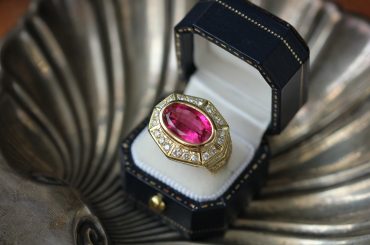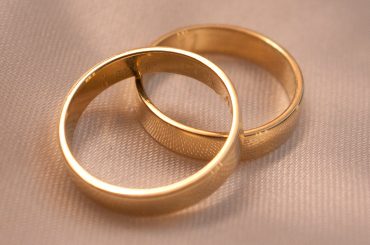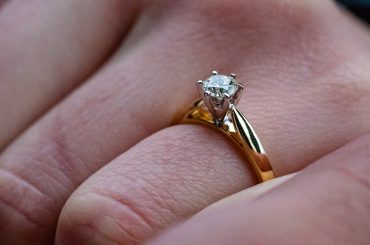14k gold is the best choice for jewelers and buyers due to its stability, affordability, and impression. It is a combination of 58.3% gold and 41.7% alloy. It is almost impossible to use 100 percent gold due to its softness. It’s always combined with alloys.
Have you ever tried to burn gold? You might have thought about what happens to gold when you burn it, but you found no accurate answer. This article is intended to answer your queries regarding the behavior of 14k gold and pure gold when exposed to fire.
Table Of Contents
What happens when you burn 14k gold?
If real gold is exposed to a flame, it will get brighter as it gets hotter, but will not darken. But as we know that 14k gold has more than 40 percent of alloys mixed with gold, then it will undergo distinct changes.
The changes in 14k gold depend on the kind of alloy or metals used. If the piece is made up of copper, brass, and iron alloy, then it will darken or change its color.
Likewise, if chlorine and sulfur alloys are used, they will react with the other metals in the gold jewelry and undergo corrosion.
14k gold is only 14/24 gold. It usually comprises considerable copper as an alloying agent. If you heat 14 karat gold to a red heat that is above 1000 F in the air without safeguarding it, the copper in the 14 karat gold alloy will oxidize and turn black.
Copper, silver, and nickel are metals that are usually mixed with 14k gold. Once you heat 14k gold, it will cause discoloration in these alloys due to oxidation. Eventually, it will corrode and start looking black.

Does 14k gold turn black?
Gold that is below 14k has less pure gold and will most likely turn black after some time. 14k gold means it has fewer base metals as compared to gold, so it doesn’t easily turn black at ordinary room temperature.
On the other hand, if the jewelry is coming in contact with harsh detergents and a swimming pool treated with chlorine, then these chemicals will react with the metal alloy in the jewelry, turning it black and blackening the skin of the wearer.
In short, it is not the gold that reacts, alloys in 14k gold oxidize and turn the jewelry black at a temperature above 1000 F.
What does gold do when you burn it?
When gold is burnt, it melts and loses form and shape. Pure gold is nearly indestructible. It will not corrode, rust, or tarnish and fire cannot annihilate it. This is the reason, the gold taken out from the earth is melted and used over and over again.
Real gold is simply too sturdy to melt with an ordinary flame. It has a melting point of 1945 Fahrenheit. When you burn it, it will just get more sparkling and there will be no variation in color. It retains its original warm yellow color.
Conclusion
Knowledge about the properties of 14k gold and pure gold and a detailed explanation of what happens to gold when you burn it can assist you in buying quality jewelry for yourself.
Jewelry made of pure gold does not corrode or oxidize as pure gold is unreactive towards oxygen, but 14k gold made with an alloy such as copper and silver may turn black when exposed to fire and other chemicals.
Check out our article on What does GR mean on a Ring?



